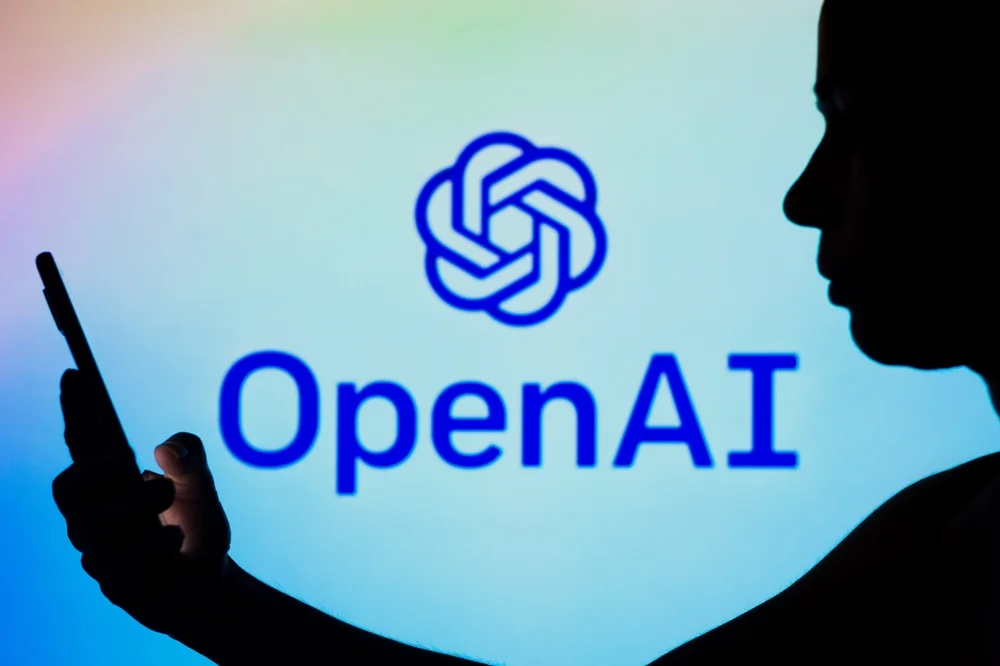As the world becomes increasingly reliant on technology, it’s no surprise that the recruitment industry is also turning to innovative tools to streamline the hiring process. One such tool is ChatGPT, a natural language processing technology that allows for human-like conversations with job candidates through chat interfaces.

So, how exactly can Chat GPT change the recruitment industry?
- Improved efficiency: Chat GPT can handle multiple conversations simultaneously, freeing up recruiters to focus on other tasks. It can also handle the initial screening of candidates, allowing recruiters to quickly identify those who meet the minimum requirements for a position.
- Enhanced candidate experience: Chat GPT allows for a more personalized and efficient communication with candidates. It can answer questions about the company, the role, and the hiring process in real-time, providing candidates with a more seamless and efficient application process.
- Enhanced diversity: Chat GPT can eliminate unconscious bias in the recruitment process by providing candidates with standardized questions and evaluating their responses based on predetermined criteria. This can help organizations to attract and hire a more diverse pool of candidates.
- Reduced costs: Chat GPT can save time and money for organizations by automating certain aspects of the recruitment process. It can also help to reduce the number of unqualified candidates that make it through to the next stage of the hiring process, further streamlining the process and saving resources.
Overall, Chat GPT has the potential to revolutionize the recruitment industry by providing a more efficient, personalized, and diverse hiring process. While it is still in its early stages of development, it is an exciting tool that is worth keeping an eye on as it continues to evolve and mature.
***
The text above is written by Chat GPT but is fact-checked and posted by a member of the Hyred organization. Pretty crazy that this is how the future of blog-posting will look in the future, or what do you say?




